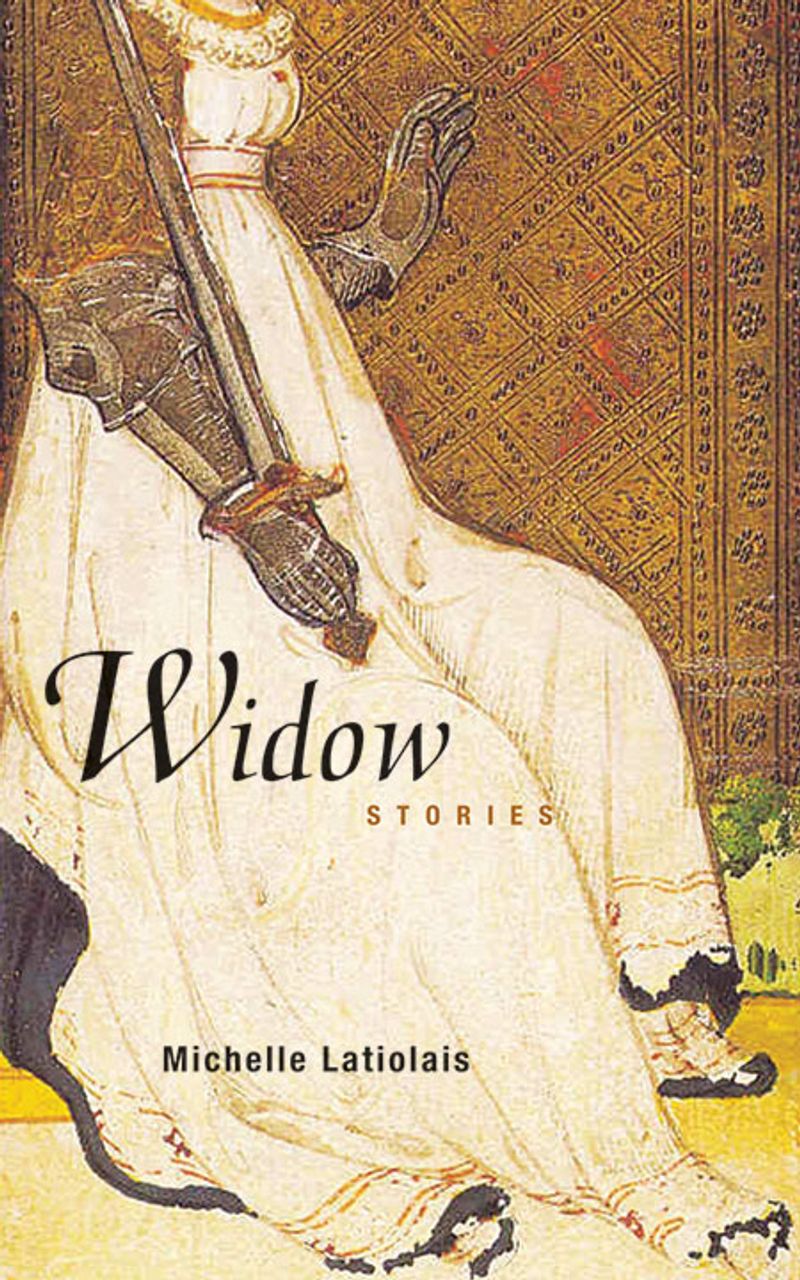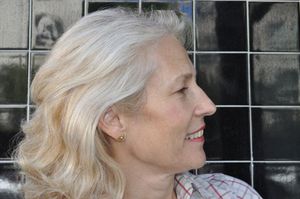In prose shimmering with intelligence and compassion, Michelle Latiolais dissects the essentials of everyday life to find the heartbeat within. [Her work] reveals an author with that rare eye which is at once both clinical and poetic.
— Alice Sebold, author of The Almost Moon and The Lovely Bones
Widow
Like the memoirs of Joan Didion and Joyce Carol Oates, Widow was largely written after the tragic death of Latiolais’ husband, and her stories bravely explore the physiology of grief through a masterful interweaving of tender insight and unflinching detail—reminding us that the inner life is best understood through the medium of storytelling. Among these stories of loss are interwoven other tales, creating a bridge to the ineffable pleasures and follies of life before the catastrophe. Throughout this collection, Latiolais captures the longing, humor, and strange grace that accompany life’s most transformative chapters.
Believer Book Award Editor’s Shortlist
New York Times Editors' Choice
San Francisco Chronicle & Library Journal Best Book of the Year

Ebook
- ISBN
- 9781934137406
Paperback
- ISBN
- 9781934137307
Michelle Latiolais is the author of Widow, a collection of stories shortlisted for The Believer Book Award; the novel A Proper Knowledge; and the novel Even Now, which received the Gold Medal for Fiction from the Commonwealth Club of California. She is a Professor of English at the University of California at Irvine where she co-directs the Programs In Writing. She lives in Los Angeles.
visit author page »Praise for Widow
Pulse[s] with a surprising, offbeat erotic energy.
— Elle
Excellent, heartbreaking . . . reading Widow was a profound experience. . . . [Latiolais] takes the ordinary and shows how it doesn’t exist. There is only the great mystery of the moments of our lives, which can at best turn into vivid memories. And after that? It is that afterlife, the after of all those mysterious, precious moments, that soaks this book. Death, something so final, still remains the unanswerable question that follows our lives, and Latiolias ponders this beautifully, painfully, honestly.
Latiolais is bold and frank, and utterly unsentimental. . . . Widow rivets our attention because it offers what all literature, tragic, comical or otherwise, should: a distillation of experience and a concentration of thought that invests a simple moment with all the profundity of existence itself.
All is certainly not gloom and doom in these imaginative tales . . . Widow is an enjoyable read, especially since Latiolais is such an accomplished lover of the written word. Though the stories amply reflect the shattering and paralysing loss of widows, they are not depressing.
As humans face death – our own or our most beloved – the best writers have the ability to rise up and eloquently sing. I speak, of course, of Joan Didion in The Year of Magical Thinking, of Francisco Goldman in Say Her Name, of David Vann in Legend of a Suicide. And now, Michelle Latiolais takes her place in that very top tier of talented writers. . . . [Widow] positively pulsates with pain and beauty, with heartbreak and reverence, with alienation and survival. In short, it is stunning writing, courageous writing.
In this luminous collection of stories, the gifted Michelle Latiolais writes of loss in all its surprising manifestations. Widow is a devastation and a wonder.
— Christine Schutt, author of All Souls
There is something mysterious about this book, as there always is in the writing that matters most. It eludes explanation. It illumines terrifying realities. Only because these pages seem nakedly willing to take the imprint of every emotion, no matter how ugly, do they possess this great beauty.
— Elizabeth Tallent, author of Honey
Widow is a hymn to reverence, simultaneously heartbroken and celebratory. Michelle Latiolais has given us the rarest item, a splendidly articulated masterpiece.
— William Kittredge, author of Hole in the Sky and The Nature of Generosity
Every passionate reader lives for that first page of a book that alerts her, straightaway, she’ll be sorry when the book ends. So it is with Michelle Latiolais.
— Antioch Review

